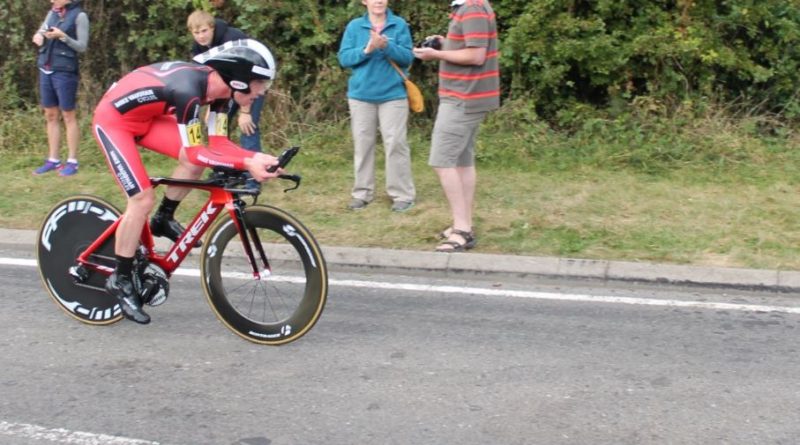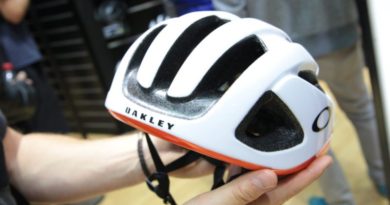Swiss laboratory study questions accuracy of leading powermeters
A comprehensive study published to the International Journal of Sports Medicine has demonstrated frailties in the powermeter market, with several tests posting deviation from true readings by more than five percent.
The Accuracy of Cycling Power Meters against a Mathematical Model of Treadmill Cycling study put 54 of the industry’s leading models to the test, measuring the performance in a laboratory and thus removing the variables of outdoor cycling.
Among the results, the researchers flagged concern with six units in particular which deviated from claimed accuracy by more than five percent. Though that sounds like a small margin, many competing riders train to fine margins and consider gains of just a percent to be significant. Therefore it’s possible that in some cases athletes will in fact be returning data far from their expected and required reality to deliver meaningful improvement.
The scientists conducting the tests were unable to establish whether the products delivering the worst results were poorly calibrated on their release from the factory or whether the accuracy deteriorated once installed.
The study was conducted by five researchers – Thomas Maier, Lucas Schmid, Beat Müller, Thomas Steiner and Jon Peter Wehrlin
– at the Swiss Federal Institute for Sport which has links to the elite level of cycle sport.
The test method involved placing bicycles clad with powermeters on treadmills on a downslope. A counter force stopped the bicycles rolling forwards and measurements were taken of a range of normal speeds hit by elite cyclists.
Ever considered selling powermeter products? Check in with our profile on specialist in the niche CyclePowerMeters here.
Read more on this story, with input from Cycling Science author Max Glaskin, at Cycling Weekly.



